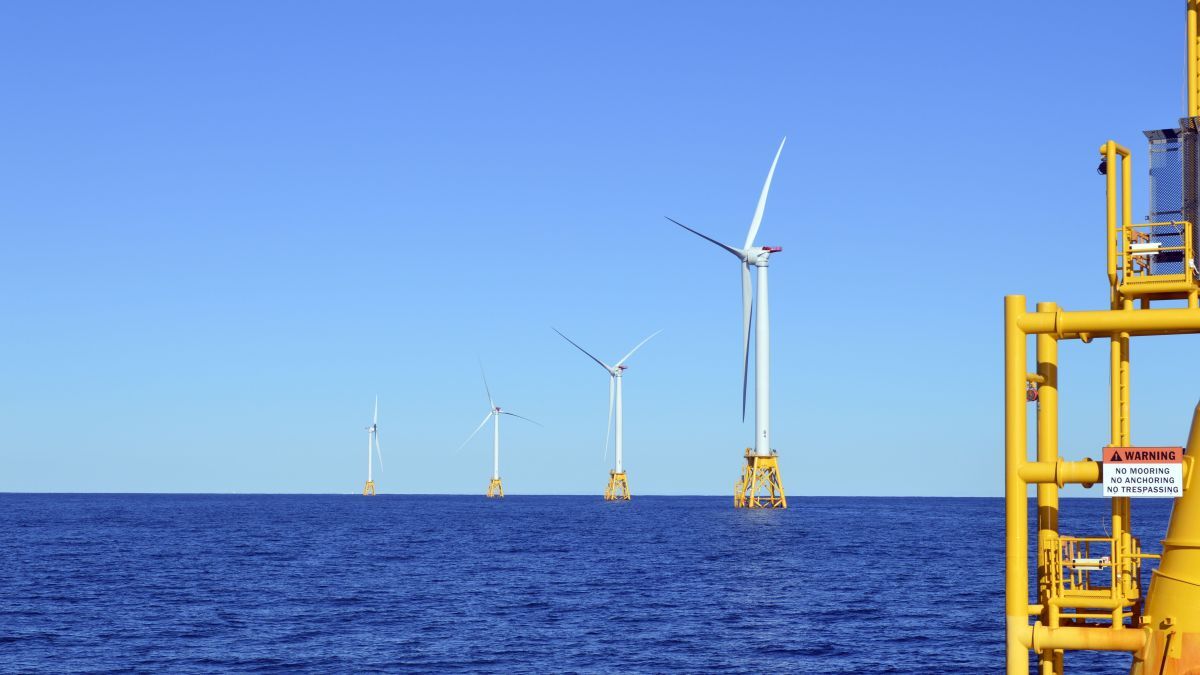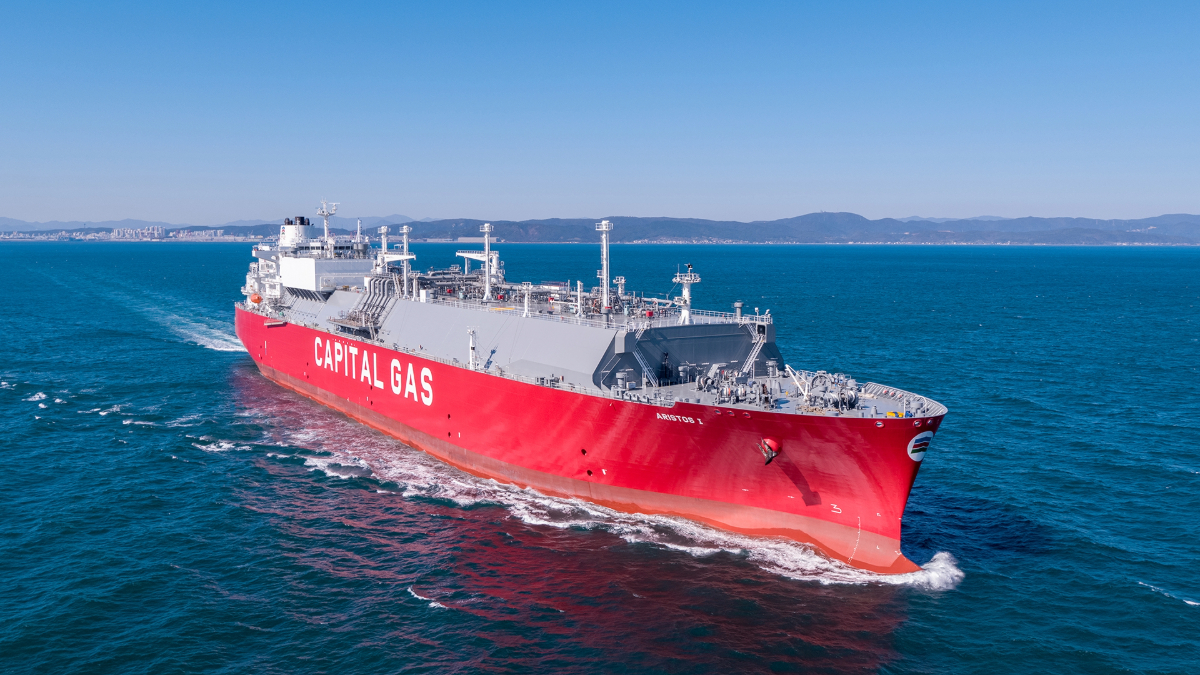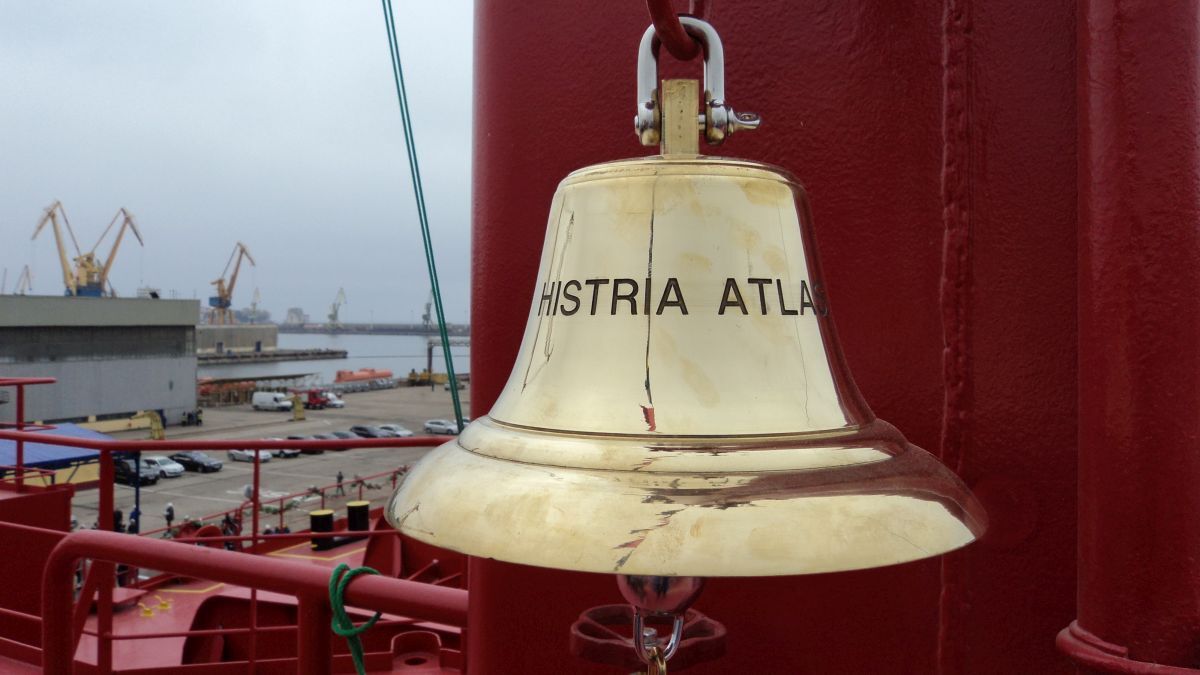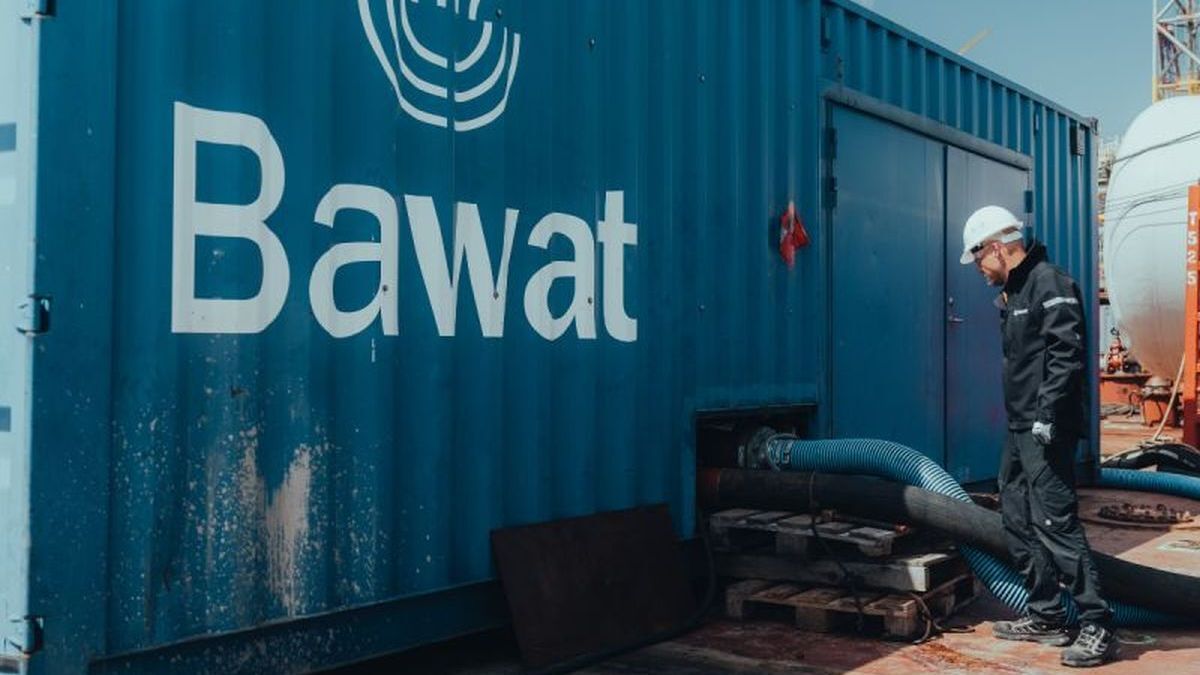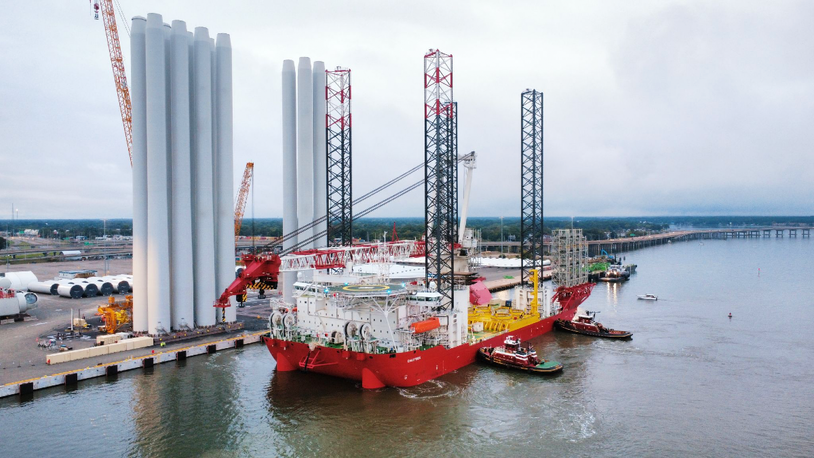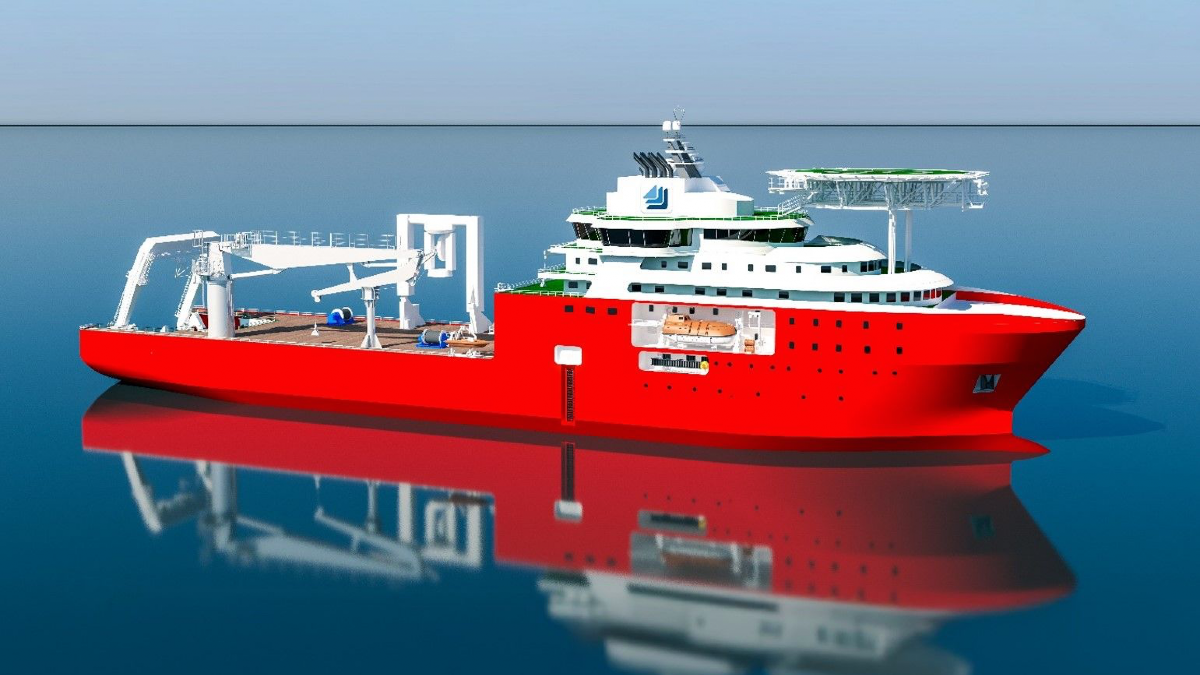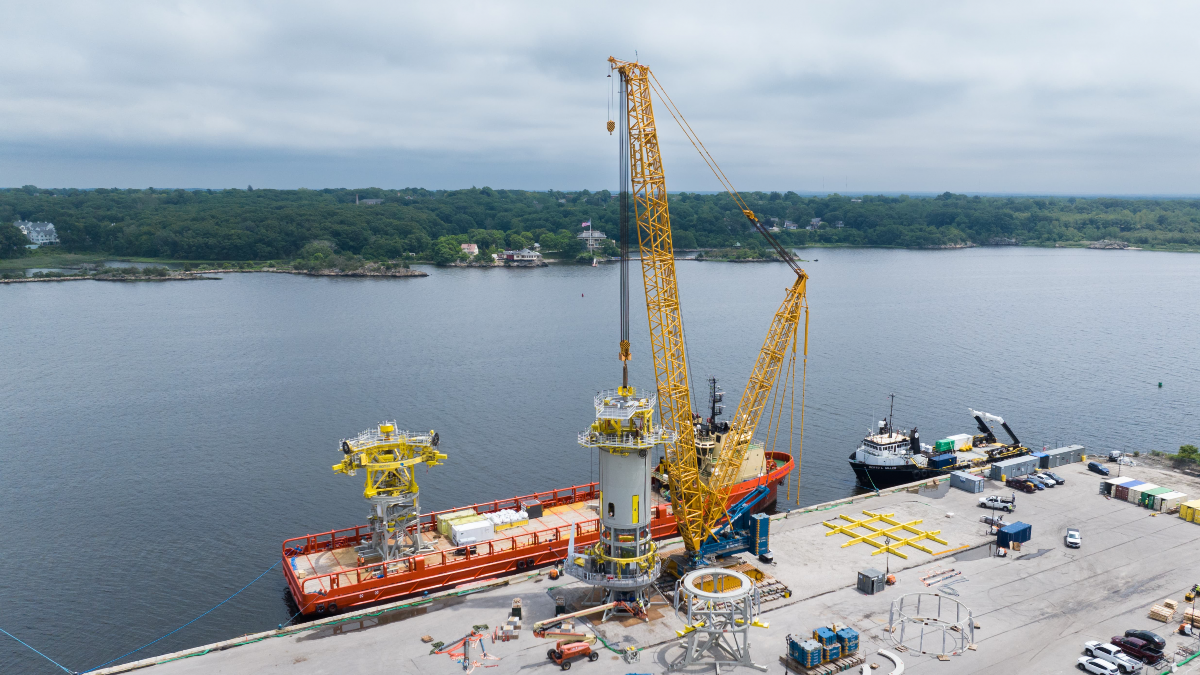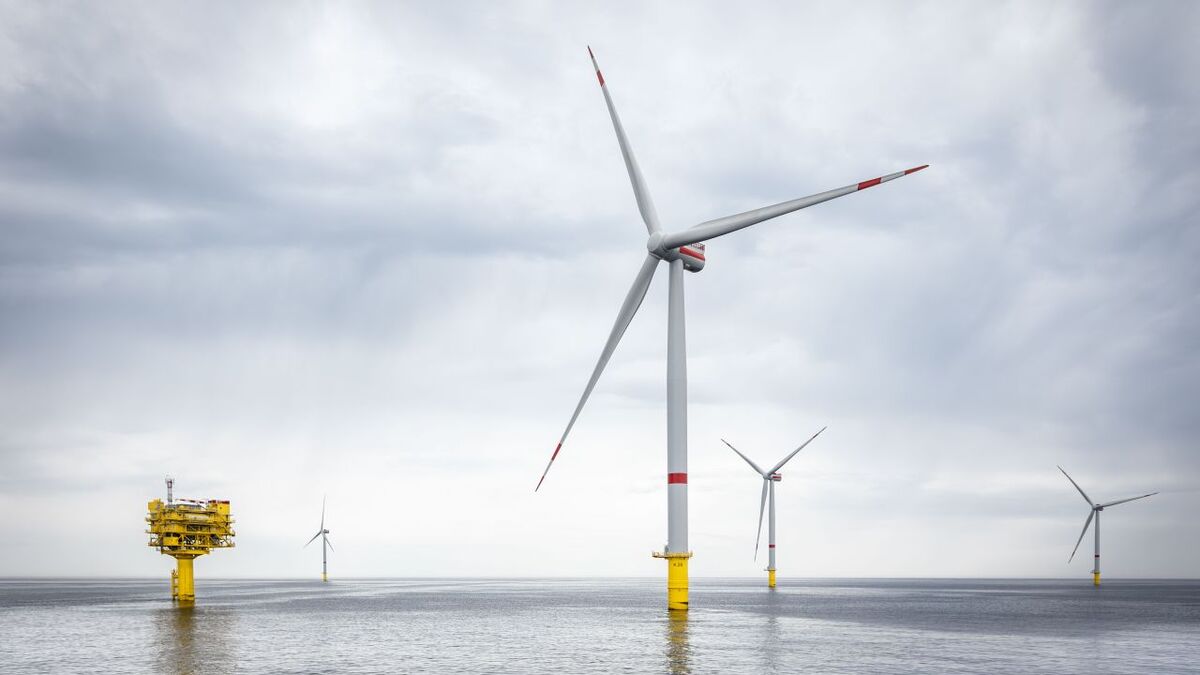Business Sectors
Events
Offshore Wind Webinar Week
Contents
Register to read more articles.
Trump antipathy to wind energy projects ‘killing thousands of jobs’
The Trump administration’s hatred of offshore wind is putting more than 17,000 jobs at risk, a new study by the Center for American Progress (CAP) shows
Highlighting the adverse effect on the wind energy industry of executive orders pausing federal wind permits, and the recently passed One Big Beautiful Bill Act (OBBBA), which ends tax credits for wind and solar energy unless projects start construction within 12 months of the bill’s enactment, the CAP said the Trump administration and congressional Republicans are "squeezing wind power from both sides."
“With the temporary block on permitting progress still in place, many projects will not be able to start construction, leaving them unable to meet new deadlines for tax credits they may have been counting on,” it said.
According to analysis by CAP, more than 17,000 jobs are connected to offshore wind power projects that are already cancelled, on hold, or at risk from the Trump administration’s attacks on wind power. A subset of these projects are also at risk of losing funding because of the OBBBA. Thousands more could be at risk in the onshore wind industry.
The CAP’s analysis said the 17,000 jobs at risk in the offshore wind industry are tied to about a dozen projects that have been paused or are at risk of being paused due to the Trump administration’s executive orders attacking wind power. These projects are connected to more than 12,000 direct jobs and 5,000 indirect jobs, and more than 75% of these jobs combined are connected to projects that have all their federal permits or are under construction.
In the offshore wind sector alone, said CAP, more than 10,000 union jobs are at risk because of the Trump administration’s attacks. “Many of those jobs, whether part of the supply chain or working on a project itself, will not materialise unless the temporary ban is lifted and may never materialise if the temporary ban lasts too long or if the project loses eligibility for tax credits,” CAP said.
CAP estimates close to 25,000 additional direct and indirect jobs in the onshore wind industry are also associated with projects either under development or construction, although not all of those projects require federal permits. On federal lands specifically, four wind power projects are in the permitting pipeline and are now in limbo. According to CAP analysis, these projects are associated with more than 1,900 direct and indirect jobs.
“These attacks on wind power from the administration and Congress are costing Americans jobs and hurting local economies. And while Trump and Congress kneecap the wind energy sector, the oil and gas sector benefits from the hurdles imposed on a competing energy industry,” said the CAP.
“The Trump administration’s actions and the OBBBA threaten the growth of the wind energy sector, jeopardising jobs,” said the authors of the report. “Despite the strength and promise of the wind power sector when President Trump took office, the Trump administration and Congress keep making it harder to build wind power projects.”
It noted that in January, the administration issued an executive order blocking all federal approvals for wind power projects, including permits, loans, and rights of way, until an assessment of federal permitting processes has been conducted. However, the administration has not set a timeline for completing this assessment.
The order also temporarily banned leasing for offshore wind projects in federal waters and froze an onshore wind project that had already received its federal permits. A total of 17 states have sued, but the executive order temporarily blocking wind permitting progress remains in place.
“Congressional Republicans have doubled down on their attacks, passing a budget plan that strips clean energy tax credits, making it significantly harder to finance renewable projects, including wind power projects,” the CAP said. “It is estimated the repeal of these incentives in the OBBBA will stunt the growth of clean energy installations by 41% over the next decade.
“A ‘safe harbor’ provision allows projects to still receive credits if they begin construction in the next 12 months, but the executive order issued in July 2025 may make it more difficult to qualify. Together, these actions provide a one-two punch against wind energy: projects need to start construction as soon as possible to retain critical tax credits, but the administration’s pause on permits may prevent them from doing so.
“On top of this, a new DOI directive hit an even broader swath of projects with a bureaucratic review by requiring high-level approval for decisions regarding wind and solar projects, potentially including those on private and state lands. Ultimately, if these projects go under, it will mean lost jobs and higher household energy costs – all to provide tax cuts that disproportionately benefit the wealthiest Americans.”
Sign up for Riviera’s series of technical and operational webinars and conferences:
- Register to attend by visiting our events page.
- Watch recordings from all of our webinars in the webinar library.
Related to this Story
Events
Offshore Wind Webinar Week
Maritime Decarbonisation, Europe: Conference, Awards & Exhibition 2025
Offshore Support Journal Conference, Americas 2025
© 2024 Riviera Maritime Media Ltd.


